News & Events
Professor P. Sean McDonald's latest publication: High-resolution monitoring of Salish Sea estuarine communities through participatory science
Congratulations to PoE Professor P. Sean McDonald on his latest publication in Frontiers in Marine Science! The research article, titled “High resolution monitoring of Salish Sea estuarine communities through participatory science”, is a collaboration with colleagues from Washington Sea Grant, the Program on the Environment, and the School of Aquatic and Fishery Sciences.
Read more9 Environmental Studies Students Present at the 2025 Undergraduate Research Symposium
The Program on the Environment is thrilled to highlight 9 students from Environmental Studies who will be presenting their research at the 2025 Mary Gates Undergraduate Research Symposium this Friday, 5/16, from 11am – 5pm.
Read more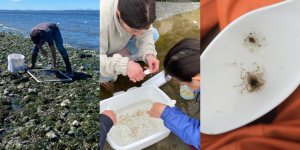
Dungeness crab monitoring internship or volunteer position (apply by March 21st)
Want to gain field experience while helping to answer important questions for Dungeness crab management?
The Pacific Northwest Crab Research Group (PCRG) is a diverse group of researchers including state and tribal co-managers, federal agencies, academics, and non-profit organizations.
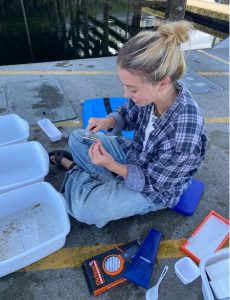
Connecting Communities to (Crab) Conservation
For Annie Schlanger, a senior in Environmental Studies, her capstone project has been an eye-opening dive into the world of citizen science and Dungeness crab conservation. As part of the Pacific Northwest Crab Research Group (PCRG), Annie and other student volunteers have been collecting valuable data to help improve our understanding of the early life stages of Dungeness crabs—an iconic species in the Salish Sea, vital to both the ecosystem and local fisheries.
Read more
COIL Project Bringing Students from the UW and Taiwan Together for An Interdisciplinary and Cross-Cultural Learning Experience
This spring, students in Professor Yen-Chu Weng’s course “Environmental Issues in East Asia” participated in an Online International Collaboration Learning (COIL) project with students from Taiwan on evaluating the accessibility of interpretive signs in nature parks.
Read more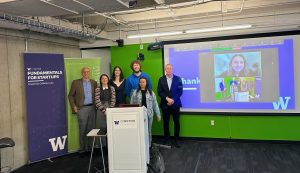
ENVIR 480 Student Project Highlight
Students from the Spring 2024 offering of ENVIR 480, Sustainability Consulting Practicum, hit it out of the park last week with their presentation on super-gas user conversion to electric vehicles!
In ENVIR 480, students are split into teams and paired with local Seattle organizations — often either businesses or nonprofits — to work on a client project that advances sustainability in the respective sector.
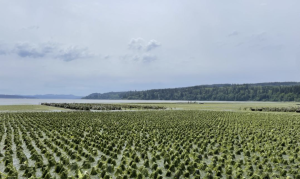
UW and partners launch new project connecting sea to soil for climate resilience
SEATTLE (March 20, 2024) — Washington’s farmers are on the front lines of climate change. Whether they are growing vegetables on farmland or raising shellfish on tidelands, farmers’ productivity and prosperity depends on a healthy environment.
Read more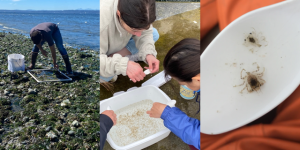
Dungeness Crab Monitoring Internship - get credits!
Want to gain field experience while helping to answer important questions for Dungeness crab management?
The Pacific Northwest Crab Research Group (PCRG) is a diverse group of researchers including state and tribal co-managers, federal agencies, academics, and non-profit organizations.
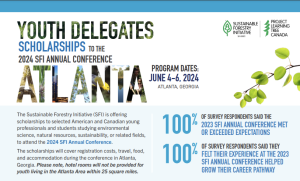
Apply for Sustainable Forestry Initiative Conference Scholarships
The Sustainable Forestry Initiative (SFI) is offering scholarships to attend the 2024 SFI Annual Conference. We invite you to join us for the 2024 SFI Annual Conference in Atlanta, Georgia, June 4-6, 2024, as we celebrate Forests for the Future!
Read more
PoE Lecturer Tim Billo Makes News in Work with Sword Fern Die-Off
Tim Billo, instructor of our Natural History of the Puget Sound Region course, practices what he preaches. He uses his research into the natural history of our local sword ferns as a way of introducing undergraduates to research, demonstrating to them that they can make important contributions to natural history, as well as to helping to solve pressing ecological issues.
Read more in the Seattle Times